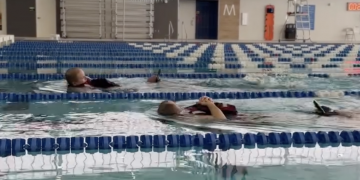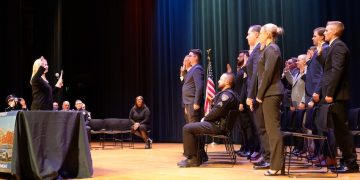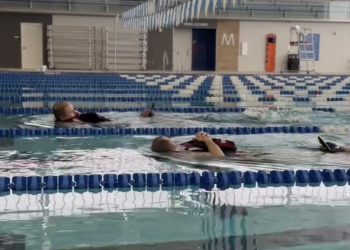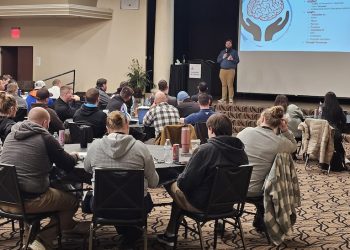West Lafayette, Indiana – The National Science Foundation gave Independence Science, an educational technology company in the Purdue Research Park, a one-year grant to develop Sci-Dot, a multiline Braille device that collects and analyzes scientific data.
According to Purdue, the nearly $255,000 grant will help the company create a more inclusive laboratory experience for blind and deaf-blind students to prepare them for STEM careers.
Blind and deaf-blind students are at a disadvantage if they are not able to view and analyze graphic representations of data in real-time, Independence Science said.
“Sci-Dot addresses these issues and improves upon current Braille displays that consist of only a single line of cells, which creates limitations in looking at data tables, monitoring data as it is collected, and viewing graphical representations of the data,” said Greg Williams of Independence Science. “Our multiline Braille device will allow blind and deaf-blind users to set up and collect experimental data independently and examine it graphically in real-time along with their sighted peers.”
Independence Science is partnering with Vernier Software & Technology, EQware, ViewPlus Technologies, and Tactile Engineering, a startup based in Lafayette, to develop Sci-Dot.
“Without the funding support that Independence Science received from a previous NSF SBIR award, we would not have been able to develop and commercialize the Talking LabQuest, which has made a significant difference in the lives of blind students who have been able to participate with a level of independence previously unimaginable in lab courses,” Williams said. “Now, once again, with the support of the NSF SBIR program, we look forward to making the next great leap in STEM accessibility for blind students with the goal of inspiring the next and, hopefully, much larger generation of blind scientists.”
Independence Science has also received $50,000 from the Indiana Economic Development Corp. and Elevate Ventures to develop Sci-Dot.




















































































